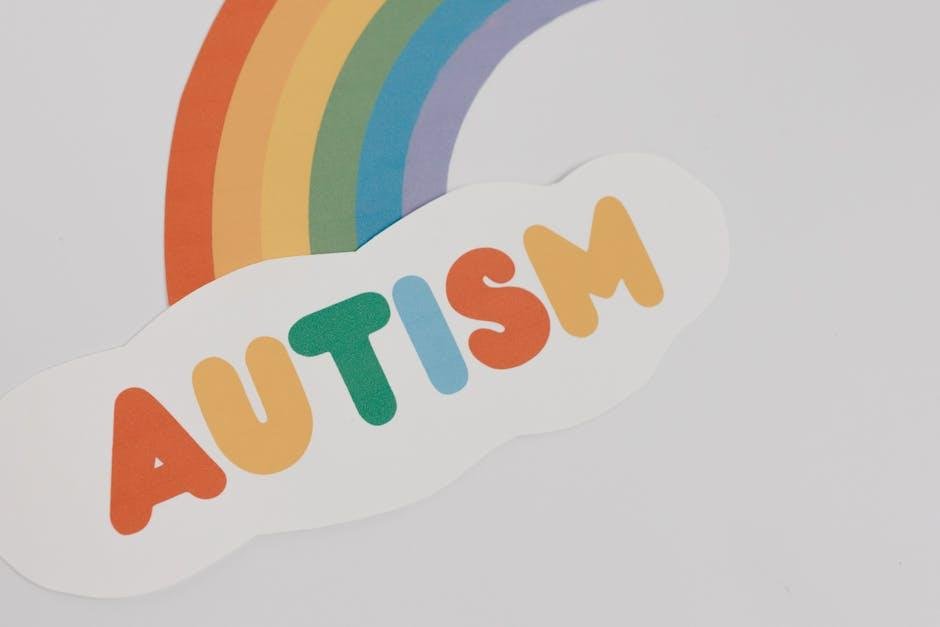Our childhood years serve as the cornerstone of who we become as adults. The experiences we encounter during this formative period shape our beliefs, behaviors, and the very essence of our identity. Understanding how these early moments influence our adult identity growth can provide valuable insights into personal development and emotional well-being. In this article, we’ll explore the profound impact childhood experiences have on shaping who we are today, and how recognizing these influences can empower us to foster growth and resilience throughout our lives.
Table of Contents
- Understanding the Impact of Early Emotional Bonds on Adult Self-Perception
- The Role of Childhood Challenges in Shaping Resilience and Personal Growth
- Navigating Unresolved Childhood Experiences for Healthy Identity Development
- Practical Strategies to Transform Past Influences into Positive Adult Outcomes
- Final Thoughts
Understanding the Impact of Early Emotional Bonds on Adult Self-Perception
Early emotional bonds serve as the foundational framework through which individuals interpret their self-worth and identity throughout life. When caregivers respond with consistent warmth and understanding, children develop a secure attachment that fosters confidence, resilience, and a positive self-image. Conversely, inconsistent or neglectful early interactions often plant seeds of self-doubt, mistrust, and emotional distance that can shadow adult perceptions. These formative connections act as internalized templates, subtly guiding how one approaches relationships, manages emotions, and even tackles challenges in personal and professional landscapes.
Recognizing the deep-rooted influence of these childhood experiences allows for transformative self-awareness and growth. Adults may embark on journeys to reframe limiting beliefs by engaging in reflective practices such as:
- Mindfulness and emotional regulation exercises
- Therapeutic approaches focused on attachment and trauma
- Building supportive social networks that reinforce positive identity
These steps create pathways to heal and rewrite the narratives that were once shaped in early life, ultimately empowering individuals to craft a more authentic and fulfilling sense of self.
The Role of Childhood Challenges in Shaping Resilience and Personal Growth
Childhood challenges often serve as the foundation for a resilient adult mindset, equipping individuals with valuable life skills that transcend years of experience. When faced with obstacles early on, children learn to adapt, problem-solve, and develop emotional strength. These formative experiences foster a unique inner toughness that can transform adversity into opportunity, shaping not only how one reacts to stress but also how they perceive their own potential for growth. This internal framework becomes crucial in navigating the complexities of adult life, influencing decision-making, relationships, and self-esteem.
Beyond resilience, early difficulties often ignite deep personal growth by encouraging self-awareness and empathy. Children who encounter hardships gain a clearer understanding of their vulnerabilities and strengths, prompting the cultivation of meaningful coping strategies and emotional intelligence. Key attributes nurtured during these times include:
- Self-reflection: An ability to critically evaluate one’s feelings and actions.
- Empathy: Heightened sensitivity to the struggles of others, promoting compassion.
- Adaptability: Flexibility in thought and behavior to manage change effectively.
Ultimately, these qualities contribute to a well-rounded identity, enabling adults to approach life with confidence, purpose, and a profound capacity for growth.
Navigating Unresolved Childhood Experiences for Healthy Identity Development
Childhood experiences often leave lasting imprints on how we perceive ourselves and interact with the world around us. When these experiences remain unresolved, they can create invisible barriers that hinder emotional growth and self-awareness in adulthood. It’s not uncommon for unresolved feelings such as fear, shame, or neglect to manifest in patterns like self-doubt, difficulty in forming close relationships, or even persistent anxiety. Understanding these connections allows individuals to gently explore the roots of their inner struggles and begin the transformative process of healing.
To foster healthy identity development despite unresolved past experiences, consider incorporating certain strategies into your daily life:
- Mindful reflection: Regularly set time aside to journal or meditate, focusing on your emotions and reactions.
- Therapeutic support: Engaging with a counselor or therapist can provide tools to work through complex feelings safely.
- Building supportive connections: Cultivate relationships that encourage honesty, validation, and acceptance.
These approaches empower you to rewrite the narratives inherited from childhood and embrace a resilient, authentic identity.
Practical Strategies to Transform Past Influences into Positive Adult Outcomes
Recognizing the impact of childhood experiences is the first step toward channeling them into growth. Start by reflecting on your personal narrative and identifying patterns or beliefs that no longer serve you. This can be achieved through journaling or seeking feedback from trusted friends or a therapist. Cultivating self-awareness allows you to discern which past influences can be reinterpreted as sources of strength or lessons learned, rather than limitations. Additionally, practicing mindfulness helps ground you in the present moment, reducing the hold of past emotional wounds on your current behavior.
To actively transform these influences, implement daily habits that reinforce positive change:
- Reframe negative memories: Challenge and replace limiting thoughts with empowering affirmations.
- Set clear, achievable goals: Direct your energy towards purposeful growth aligned with your values.
- Engage in supportive communities: Surround yourself with individuals who encourage and model healthy behaviors.
- Practice self-compassion: Treat yourself with kindness during setbacks, understanding growth is a process.
Final Thoughts
In conclusion, understanding the profound impact of childhood experiences on adult identity growth offers valuable insights into who we are today. Our early years lay the groundwork for patterns of thinking, behavior, and emotional responses that shape our personal and professional lives. By reflecting on and, when necessary, reshaping these foundational influences, we empower ourselves to foster healthier relationships, boost self-awareness, and continue evolving throughout adulthood. Embracing this journey of self-discovery not only honors our past but also paves the way for a more intentional and authentic future.
Related Products
-
Sale!
Frida Mom 2-in-1 Postpartum Pads, Absorbent Perine…
Mom Original price was: $19.99.$15.19Current price is: $15.19. -
John Deere Bubble Lawn Mower for Toddlers, Bubble …
Kids $29.99 -
Hanes Men’s EcoSmart Fleece, Pullover Crewneck Swe…
Clothing $9.31







